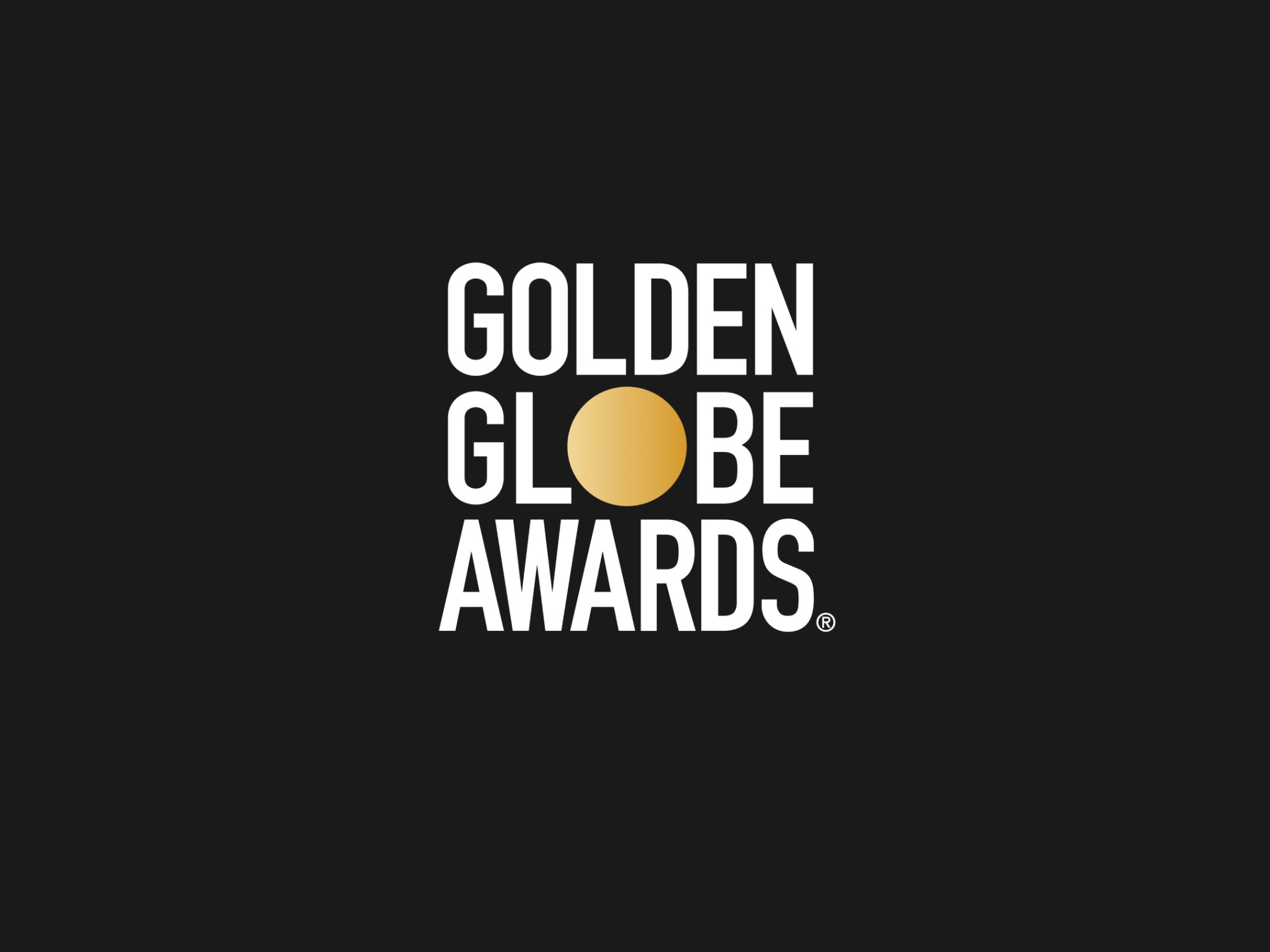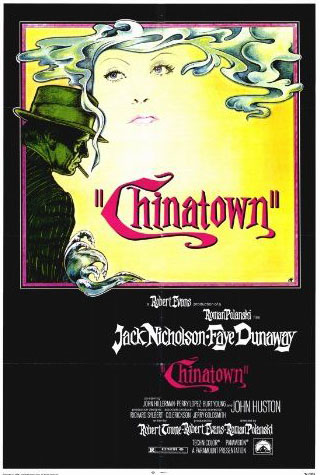
- HFPA
CHINATOWN VS. GODFATHER 2
By Philip Berk In the recurring debate as to what influence the Golden Globes has on the Oscars, the better question might be, which group makes the better choice? In that regard, the one year that stands out is 1974 when the Hollywood Foreign Press Association chose Roman Polanki’s Chinatown over Francis Ford Coppola’s Godfather 2 as Best Picture. Arguably a wise decision. Chinatown, the brainchild of screenwriter Robert Towne, was inspired by a real life scandal involving Los Angeles’s wealthiest families using City Hall to enrich themselves. It was all over water rights, which prompted a landgrab in Southern California during the 1920s. City Commissioner William Mulholland (the same of Mulholland Drive) had secured water rights to the (Northern Californian) Owens River Valley and envisioned an aqueduct to bring water to drought stricken Los Angeles.

That theme has become a staple of movies ever since, but Chinatown is not about water rights, it’s about personal corruption. Groundbreaking in terms of its theme, it also was the first American film to deal openly with the taboo subject of incest, and it provided Jack Nicholson with a role that seriously challenged Humphrey Bogart as the quintessential private eye (Sam Spade in John Huston’s Maltese Falcon.) In the film Jack spends half the film with a Band-Aid plastered over his nose (after it is sliced by a thug played by no less than Polanski himself.) Polanski has never topped his work on Chinatown, even though the set was fraught with arguments, not the least of which was over the shocking ending. (In later years Towne admitted Polanski was right.) The political overtones of the film reverberate even today. At the time, America was divided by the Vietnam War, and one of its victims was Jane Fonda. According to Jane, she was the director’s first choice to play Evelyn Mulwray, but because of her anti-Vietnam activism, Gulf Western which controlled the studio vetoed that idea. (Wasn’t it Woody Allen who characterized the company as Engulf and Destroy?) Ironically that was a smart corporate decision because no one but Faye Dunaway could have played that role. And if you think you’ve already filled your basket with Nicholson, Towne, Polanski, and Dunaway, make room for John Huston as the infamous Noah Cross, surely one of the most evil characters in the history of film. Again an indelible performance. Ironically the aforementioned William Mulholland is often assumed to be Noah Cross, but he’s not. He’s Dunaway’s philandering husband. That year, 1974, the film colony might have been swept away by Godfather 2, but Chinatown became the most influential film of that decade, oft imitated but never equaled. And besides best picture honors, Golden Globes went to Polanski (as best director) , Nicholson (as best actor) and Towne (for best screenplay). In case you think that year was a tug of war between two great movies, you’d be surprised. The New York Critics went with Fellini’s Amarcord, the National Board of Review selected Coppola’s The Conversation, the National Society of Film Critics honored Ingmar Bergman’s Scenes from a Marriage, and the British Academy honored Louis Malle’s Lacome, Lucien. So which would you put on your all time ten best list?